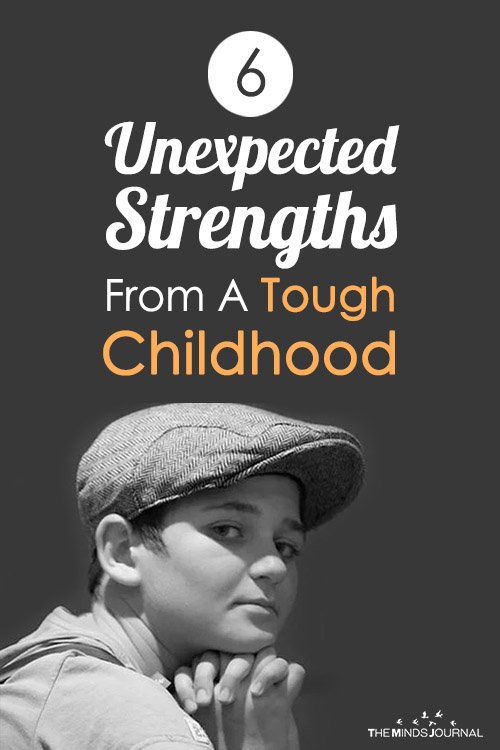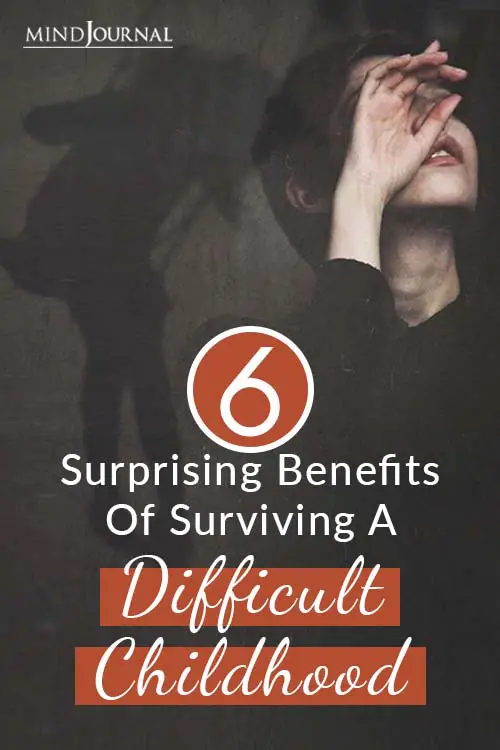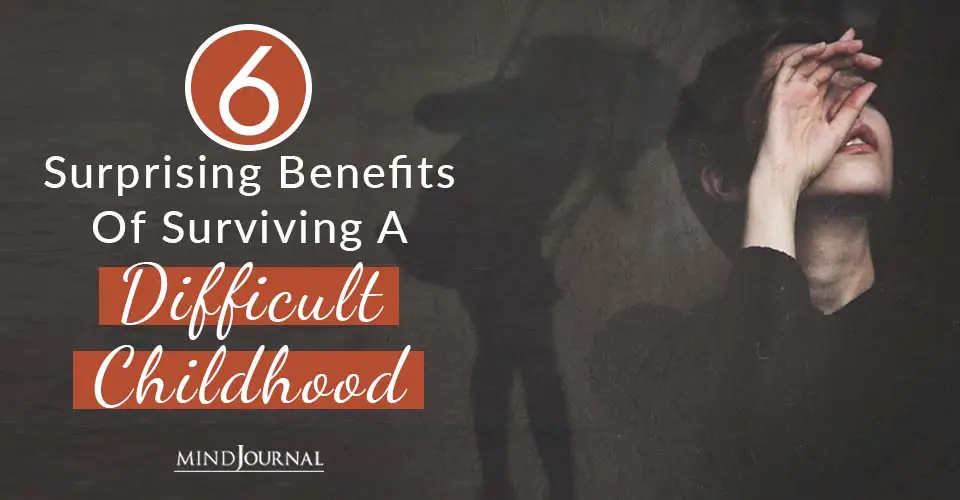Having a difficult childhood can be painful, and horrible to experience. But, sometimes a difficult childhood can also help you bloom into someone amazing.
What comes to your mind when you hear the word, ‘childhood’? An immense joy, a spark of nostalgia, happy moments when the world seemed just perfect? Well, that’s how childhood is portrayed or rather that’s how it’s supposed to be.
But not all of us are lucky enough to go through a childhood filled with joyous memories; not all of us can afford to have a childhood where ‘pain’ was an alien language. Children are precious; childhood is the time to grow; it shapes our lives; it makes us the person we are. Innocence, tenderness, and similar soft-sounding, sweet-smelling adjectives are tagged with childhood.
So, when someone faces a difficult childhood, it becomes hard to believe, it becomes hard to accept and these feelings are accompanied by a downpour of sympathy. Yes, it’s true that tough childhood is something one wouldn’t want for a child but there’s always a brighter side to everything.
What makes a tough childhood?
It can be anything from the divorce of parents, to frequent changing of places, schools, long-term illness, abuse, or death of parents or siblings. These situations apparently might seem to be extremely adverse for the development of a child but it’s also true that with every deluge, new fertile lands are formed.
There’s a good side to everything. Obviously, we cannot wish a difficult childhood for a child but if it happens, we cannot avoid it either. It’s all about understanding the positive aspects of life and make the best of whatever that comes.
Tough childhood makes one strong and surprisingly, these strengths make the child a better human being, who is capable of dealing with critical situations, who is independent and who values living beings and this universe.
Related: How Your Childhood Shapes Your Adult Life
Here Are The 6 Surprising Benefits Of Surviving A Difficult Childhood
(1) Gratefulness for your present situation.
Have you heard of the story where a teacher asked her students to pluck the biggest corn from the field on the condition that once one moves away from the corn, they cannot come back to it? Remember what happened? The children went ongoing until the end of the field to find the biggest corn, ultimately ending up in front of the smallest.
Exactly this is what life is about and a tough childhood helps one understand it. If we keep on looking for the next big happiness, we will never get satisfied, we will never get peace because we are not content with ourselves, we are not content with the corn we have in front of us and we feel that there is bigger corn somewhere else.
When one has already passed through a tough time, they understand the value of the simplest things of life. Hence, one becomes grateful for their present situation and lives in joy and peace.
(2) Strength during a crisis.
A tough childhood makes one strong. A child who has already gone through hardship knows ways to overcome them.
If poverty was a crisis, then the child will understand the value of money, growing up to a person who would never waste money or be a spendthrift. The person will know how to deal with bankruptcy if it ever happens and how to overcome the situation.
Related: How Mindfulness Can Help You Let Go Of Past Hurts and Heal Yourself
(3) Flourishing of creativity and increase in focus.
A child who has gone through a very tough childhood usually tends to be a loner. Long hours of spending time alone, escaping into an imaginary land, discovering oneself, honing one’s skills makes the child creative and also keeps them focused.
So, when the child grows up to be an adult, they know their skill-sets, they become creative people, they know how important it is to remain focused on something.
(4) Development of instinct to judge a situation.
Instinct is something that comes with experience. A child who has seen the worst of times understands which situation might lead to what. So, as an adult, they are well experienced when it comes to understanding a particular situation. They happen to be good observers and good decision-makers as well.
(5) Empathetic nature.
A child who has suffered a lot grows up to be an adult who is caring, understanding, and affectionate. Having gone through suffering, one can understand the pain and the circumstances that have caused it.
This also makes the person very helpful and in turn, the person becomes a strong support for others in need.
Related: 4 Steps to Recovery After Childhood Emotional Neglect
(6) Good parent.
A child who always had troubled time with parents or who lost their parent(s) will always try their best to become a good parent to their child.
As an adult, this child will have prior knowledge regarding matters which affect the child that will help them in dealing with their child better. Also, they will look into suggestions, ideas, join groups, and talk to counselors to become a good parent so that the pain and suffering they have gone through will not be repeated for their children.
We all go through tough times. Be it in our childhood or as adults. We need to accept our situation and understand that even children who have gone experienced a difficult childhood are not lost in oblivion; rather, they have inspired many to fight back and find happiness in their lives.










Leave a Reply
You must be logged in to post a comment.